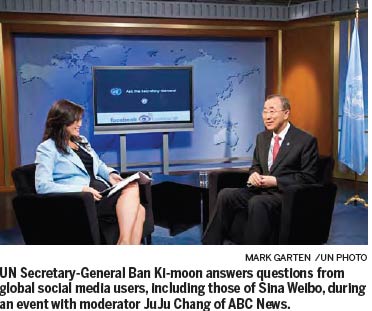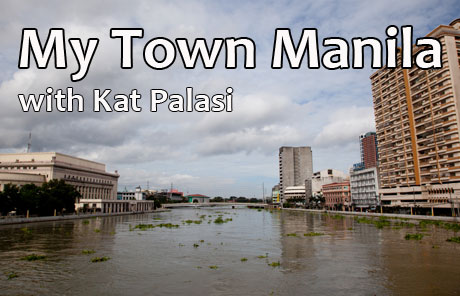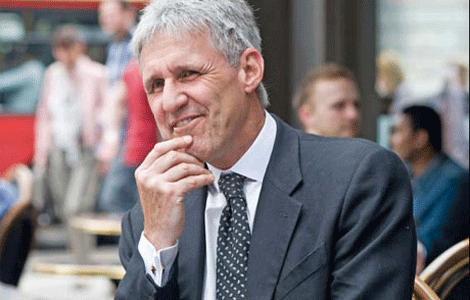UN chief 'chats' with online audience
Updated: 2011-09-14 08:14
By Zhang Yuwei (China Daily)
|
|||||||||
UNITED NATIONS — United Nations Secretary-General Ban Ki-moon conducted the first-ever live global conversation with social media sites users from around the world Tuesday morning at the UN headquarters in New York.
The event was streamed on Facebook, Livestream, Tumblr and UN Webcast, while Twitter and Sina Weibo were used to submit questions in six languages from around the world.
|
 |
Launched in 2009, Sina Weibo is a Chinese microblogging website with about 140 million registered users.
Among more than 5,500 questions submitted through Twitter and Weibo, about half came from Weibo users. Questions ranged from the conflict between Palestine and Israel, to corruption within the UN, to peacekeeping and gender inequality.
| ||||
A Beijing-based Weibo user named Zhang Lijun (or Maggie Zhang as seen on Weibo) asked the secretarygeneral about food security in Africa.
"The food produced every year is abundant enough to feed all the population in the world, but why are there so many people in Africa who die of hunger each year?" Zhang wrote.
Ban described Zhang’s question as a thoughtful one.
"Ironically we have enough food all around the world. The question and problem is they do not distribute fairly. That is social injustice that we have to address and stop," Ban answered.
Ban said many farmers around the world don’t have enough seeds and fertilizer to grow crops. Some farmers’ lands are affected by extreme climate change events such as droughts and flooding.
"All these kind of situations cause shortage of food, depending on where you are living," Ban said.
Ban informed the online participants that he had established a global task force. All UN agencies as well as the World Bank, the International Monetary Fund, the Organization for Economic Cooperation and Development and the African Development Bank are participating.
For the past two and half years, Ban has convened more than 20 task force meetings to address this issue, he said.
The online event took place on the same day as the opening of the UN’s 66th session of the General Assembly. Next week world leaders from 193 UN member states will gather at the UN headquarters in New York for the annual debate.
Wang Yunqing, a student from Inner Mongolia Industrial University, asked the secretary- general what he does after a busy workday.
"I don’t have much time. I spend almost 17 to 20 hours (a day) working," Ban answered.
Dubbed as the man who has one of the busiest jobs in the world, Ban said he tries to spend his limited spare time with his family, particularly with his grandchildren.
"They are adorable. They really give me inspiration and great energy whenever I talk to my grandchildren," Ban said.
Hao Baobao, a student from Chongqing Jiao Tong University, was interested in knowing the UN chief ’s dream when he was young.
Ban said his country was devastated by the Korean war and that motivated him to do something for his country — by becoming a public servant.
His goal was reaffirmed when he was invited by the American Red Cross to travel around the United States for about a month as a high school student. It was then he had the opportunity to meet with President John F. Kennedy.
"I thought at that time I’d better be a diplomat of Korea to work for the well-being, stability and prosperity of my country," he recalled.
As foreign minister of South Korea, Ban ran for secretary- general of the United Nations in 2006 and became the UN chief in 2007. Ban recently won a second, fiveyear term.












